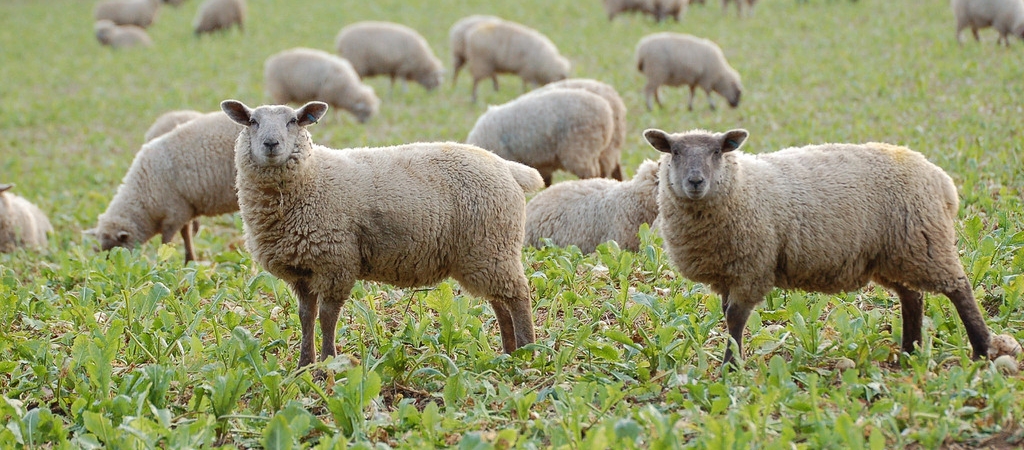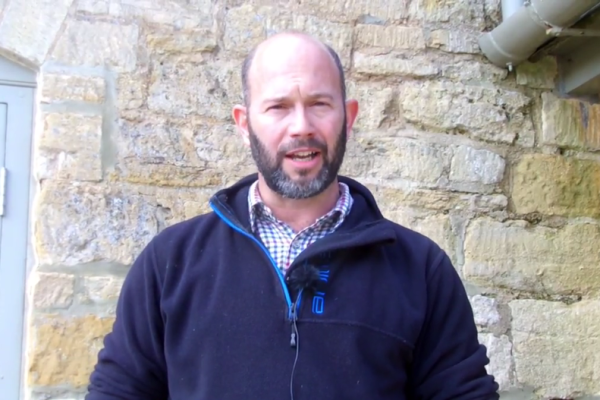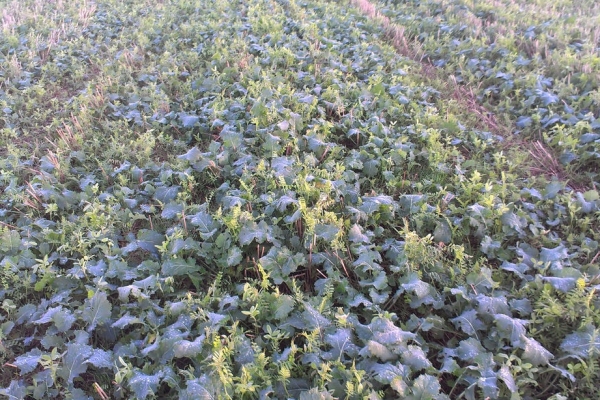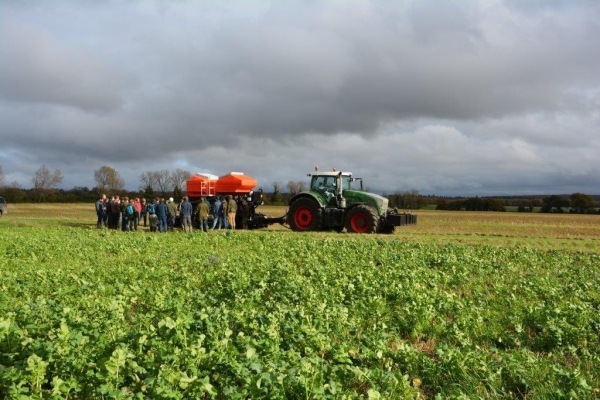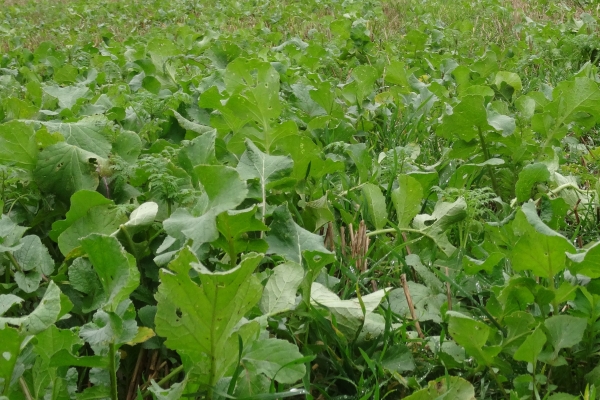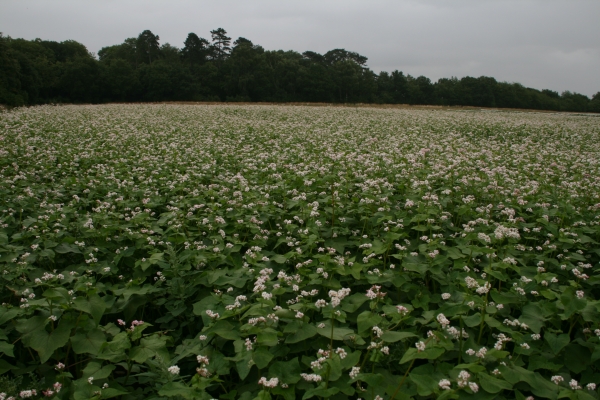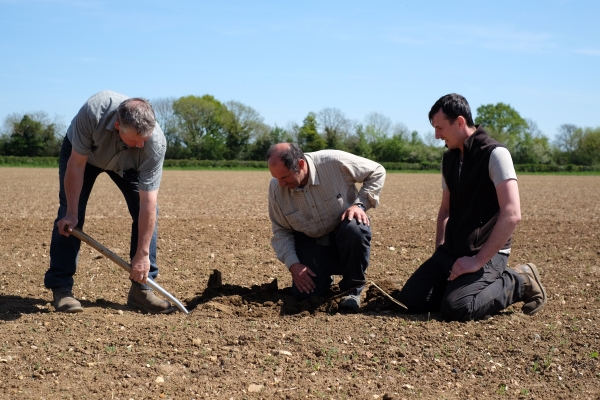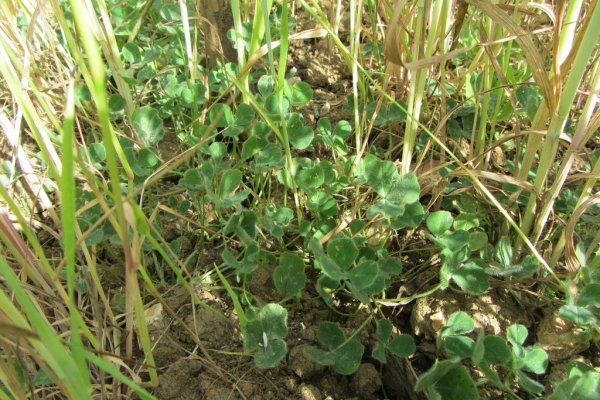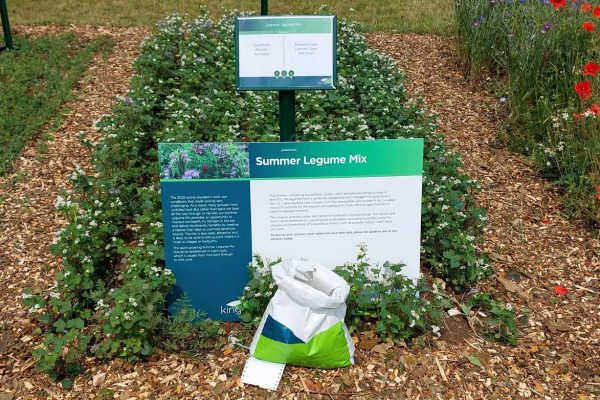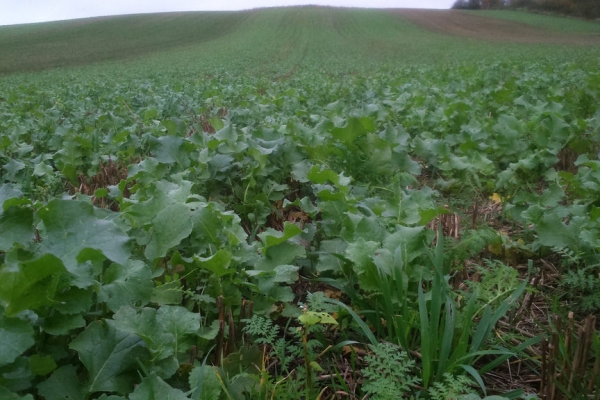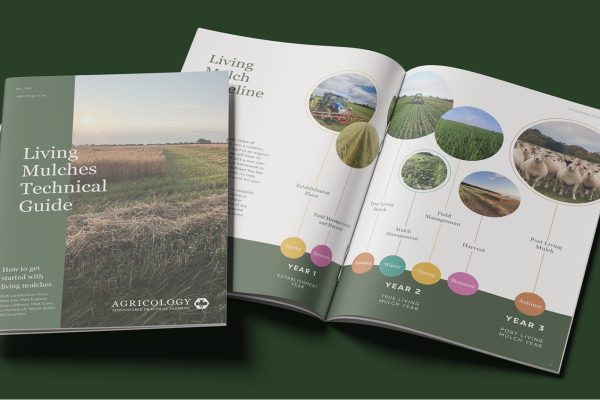Cover crops in a no-tillage system
Farmer Experience 7
Resource explained
This AHDB Cereals & Oilseeds farmer profile (one of a series) provides useful insights into the reasons for using cover cropping. Jake Freestone from Overbury Farms talks about the need to include cover crops in the farm’s rotation due to the transition to zero-till, and explains why and how they are using cover crops. The profile also covers the changes they are measuring on the farm (including taking part in a cover crop trial with NIAB TAG, Kellogg’s and Kings), and outlines what has worked well, and what has not worked so well.
Findings & recommendations
- Cover crops can benefit your farm land and business by:
- Stabilising and reducing soil erosion;
- removing compaction and improving soil structure;
- increasing soil biology;
- being used as an extra livestock feed;
- reducing overall cultivation costs through increased soil biological activity;
- and helping with black-grass control.
- Jake emphasises the importance of managing cover crops like a cash crop “What’s really worked for us is treating cover crops like a crop – drilling it properly, rolling if necessary and putting some slug pellets on, if needed.”
- Jake refers in this to his Nuffield Scholarship, you can view his Nuffield report (which concluded that improved soil management through zero tillage, longer and more diverse rotations, cover crops and livestock integration are key in increasing wheat yields) here.
- This AHDB publication was one of a series featuring farmers sharing their experiences of growing and using cover crops.
View Jake’s cover crop-related videos here.
N.B. This resource contains information that is not compatible with organic standards (referring to the herbicide glyphosate). However, information contained within the resource is potentially useful for the management of low-input farming systems.
